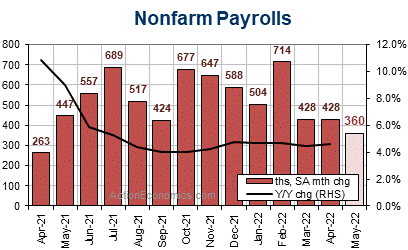In the intricate world of decentralized finance (DeFi), security breaches and exploit attacks remain persistent threats, often resulting in substantial financial losses for protocols and their users. Quantstamp, a renowned DeFi security startup, recently delved into the realm of smart contract vulnerabilities to identify the most affected platforms in January. Here’s an in-depth analysis of the top victims and the impacts of these malicious incidents.
Quantstamp’s Findings:
According to Quantstamp’s comprehensive analysis, January witnessed a staggering $38.9 million in damages caused by a myriad of attack techniques employed by nefarious actors within the crypto space. These techniques ranged from exploiting key vulnerabilities to executing sophisticated smart contract hacks and fraudulent activities.
Radiant Capital’s Predicament:
At the onset of January, Radiant Capital found itself in the crosshairs of a devastating flash loan attack, resulting in losses amounting to a staggering $4.5 million. Investigations revealed that the attack stemmed from a “known rounding issue” within the Compound/Aave codebase, highlighting the intricacies and vulnerabilities inherent in DeFi protocols.
Gamma Strategies’ Struggle:
Shortly after Radiant Capital’s ordeal, Gamma Strategies faced a similar fate, succumbing to a flash loan attack that siphoned off a substantial $6.1 million from its vaults. The attack, orchestrated through a programming flaw, underscored the critical need for robust security measures and prompt responses to mitigate potential losses.
Wise Lending’s Dilemma:
Meanwhile, Wise Lending became the target of a flash loan assault on January 12, resulting in a significant loss of at least $460,000. The exploit, which marked the second attack on the protocol within six months, exploited vulnerabilities in the pricing oracle employed by Wise Lending, exposing the protocol’s susceptibility to sophisticated attacks.
Socket’s Security Breach:
Further exacerbating the situation, Socket, a multichain protocol, encountered a security breach on January 16 due to a flaw in user verification input. This breach facilitated the unauthorized withdrawal of approximately $4 million worth of Ether, highlighting the dire consequences of overlooking fundamental security protocols.
Goledo Finance’s Troubles:
Lastly, Goledo Finance found itself embroiled in a security compromise on January 28, resulting in the loss of $1.7 million due to a flash loan attack. Despite freezing the hacker’s centralized exchange accounts and initiating negotiations for fund recovery, the protocol continues to grapple with the aftermath of the breach.
Moving Forward:
As the crypto landscape evolves and the prevalence of smart contract exploits persists, stakeholders within the DeFi ecosystem must remain vigilant and proactive in fortifying their protocols against potential threats. Through collaborative efforts and innovative security solutions, the industry can strive towards a safer and more resilient decentralized financial infrastructure.
Excerpt (50 words): In January, Quantstamp’s analysis revealed staggering damages totaling $38.9 million caused by various attack techniques within the DeFi space. Platforms like Radiant Capital, Gamma Strategies, and Wise Lending faced substantial losses due to flash loan attacks and programming flaws, highlighting the urgent need for enhanced security measures across the industry.
